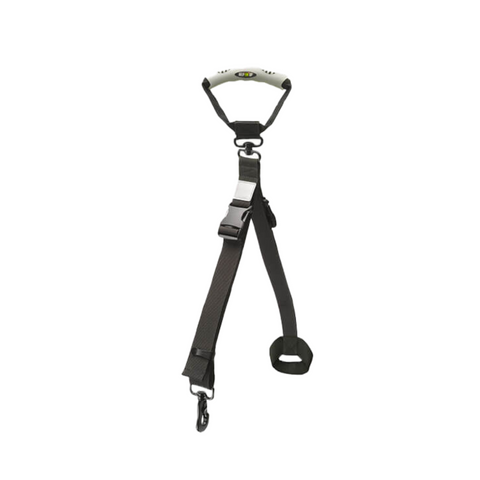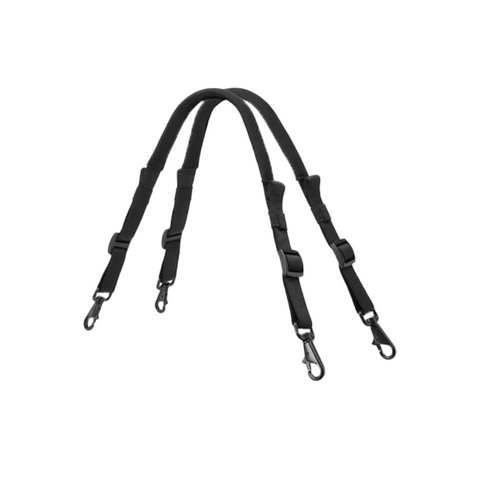When you were a kid did you have siblings? Inevitably you probably fought with them. Maybe you both fought for your parent’s attention. Or possibly one of you was bigger and beat up on the littler one.
In both humans and dogs this is caused sibling rivalry. Sibling rivalry occurs when two dogs living in the same household fight repeatedly and aggressively. It may start with snarls or growls, but can then progress to vicious, prolonged fights. We are not talking here about short arguments. Sibling rivalry that is disruptive to your household or to the lives of your dogs is when the problem needs to be addressed.
Reasons for Sibling Rivalry
There are many reasons for sibling rivalry.
- Pack hierarchy. As descendants of wolves, dogs are by nature pack animals. If they perceive no one as the pack leader, one of them will assume this responsibility and be more assertive. Pet owners need to establish themselves as the “Top Dog” so your dogs know clearly who is in charge.
- Favoritism. Sometimes (although you may not want to admit it) you may have a favorite dog. If one of your dogs is older, he/she may have lived with you longer. Or maybe you like the dog that has a more even temperament or you root for the underdog. Your dogs will pick up on these inconsistencies in treatment. You should always treat your dogs the same and apply the same set of rules.
- Health Issues. One dog, usually a senior, may have some health issues and a younger dog may take advantage of the weakness. The older dog might become defensive as a strategy to avoid further injury or pain. Or, he may be in pain and irritable and may suddenly become aggressive.
- Changes. Any changes in your household routine may affect the way dogs interact with each other. Changes may make your pets anxious and they may have trouble adapting to the changes.
- Food or Toys. Fights are most likely to occur over access to resources that are considered important to one dog more than the other. These might include food, resting places, territory, or favored possessions. It is best to feed your dogs separately or even in different rooms.
- Bad food. Sometimes feeding a lower quality food can trigger a change in behavior simply because it contains high levels of rice and cereals instead of good quality meat. Too many carbohydrates in dogs may make them hyper which makes matters even worse. They show more aggression and their prey drive can become stronger.
- Lack of physical and mental exercise. Dogs who are bored get in trouble. Exercise your dogs both physically and mentally to keep them happy and healthy.
It is important that pet owners establish themselves as the alpha dog. Know that at times you may think your dogs are fighting when in fact they are playing with each other. You should become concerned when the behavior can cause physical harm to the other pet. Then it’s time to bring in a professional behavioral therapist before any of your dogs suffer any serious injuries.
Sibling rivalry occurs when dogs get confused as to who is the boss in the household. Make sure they know it is YOU!



